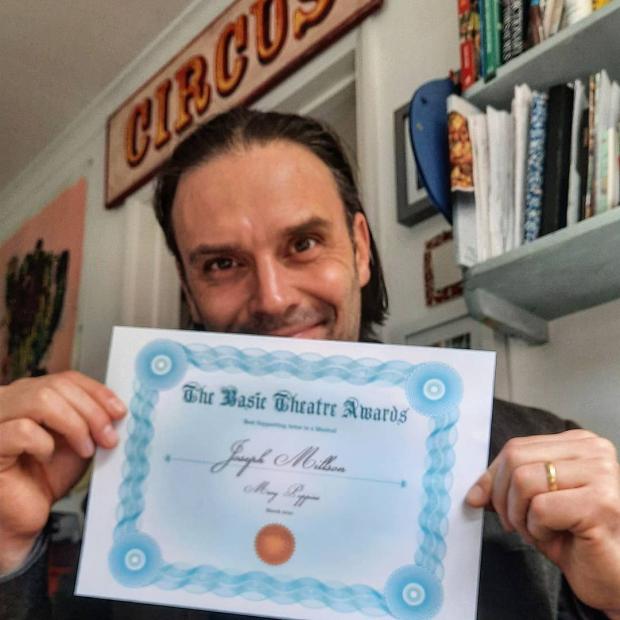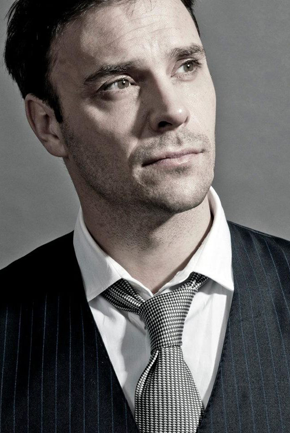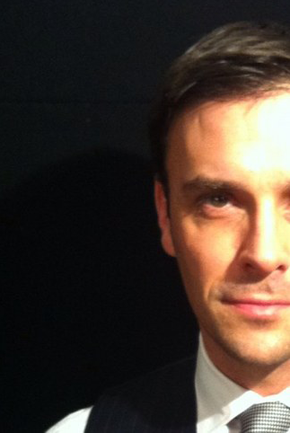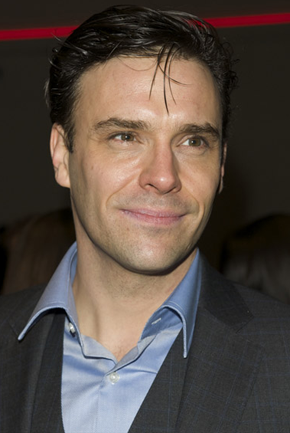A new audio digital play by Mark ravenhill for the Pitlochry Festival Theatre has tickets available until 2nd April 2021. For more details click on the theatre website. Joseph Millson shared his recent Basic Theatre Award for his role in Mary Poppins on Instagram.
ANGELA - an autobiography by leading dramatist Mark Ravenhill - will be the first of eight new plays delivered in our brand-new audio-digital platform with The Lyceum, and Naked Productions, and directed by Sony Award-winning Polly Thomas.
The link is your ticket and gives you access to the whole event.
The play centres on the playwright’s mother, at the age of 84 and suffering with dementia, as she looks back across her life. Intercutting between Angela in her old age, her memories and mind failing her, and in her youth - growing up, moving away from her roots as the world of drama welcomed her - the Play depicts her struggle with depression and the challenges of her own aspirations, and becoming a mother: poignantly set against Mark’s experience of beginning to learn ballet, his lifelong passion, in his fifties.
STARRING: Pam Ferris (Matilda, Nativity, The Darling Buds of May, Rosemary and Thyme, Call The Midwife, Little Dorrit) Matti Houghton (Call the Midwife, Manhunt, Law & Order, Luther) Toby Jones BAFTA Winner (Tinker, Tailor, Soldier, Spy, The Hunger Games trilogy, Marvellous, Detectorists) Jackson Laing (The Boy in the Dress, Matilda; The Royal Shakespeare Company) Joseph Millson (Angel Has Fallen, Dragonheart Vengeance, The Last Kingdom, Grantchester, Betrayal, Bath Theatre Royal; Mary Poppins, Cameron Mackintosh/Disney)
The cast also features Nadia Albina, Dermot Daly, Raj Ghatak, Olivier Huband, Alexandra Mathie, and Kirsty Stuart. Exquisitely observed and painfully honest, Angela is an emotive exploration of working-class motherhood in the 1960s, told by one of Britain’s best-loved dramatists as we have never heard him before.
Angela is the first of eight new plays produced by Sound Stage, the audio-digital theatre platform set up by Pitlochry Festival Theatre and Edinburgh’s Royal Lyceum in collaboration with Naked Productions. It is a promising start. A strong cast includes Toby Jones, Pam Ferris and Joseph Millson. Polly Thomas’s direction is decisive: not bombarded with sound effects but inflected by Alexandra Faye Braithwaite’s music, which falls like a sigh between scenes. Wistfulness and disturbance are intertwined in episodes from the life of the dramatist’s mother. The Guardian
Ravenhill’s play interweaves these threads with a tremendous, tender skill, never flinching from the horror of the dying Angela’s terrified rage as she lashes out at doctors, nurses, and her devoted husband; and every nuance of her fragmenting personality is beautifully captured in Pam Ferris’s central performance, which scales the heights of her rage and fear, and yet modulates in moments to a scene in which, briefly lucid, she is able to offer real kindness to another old lady with dementia. There is impressive support from the rest of the 11-strong cast, including Toby Jones as Ted, Joseph Millson as Mark, and Alexandra Mathie in a range of roles; and Ravenhill’s text is also supported and enriched by superb sound from John Scott, with recordist Louis Blatherwick and composer Alexandra Faye Braithwaite. The Scotsman
Perhaps the most difficult role sits with Joseph Millson, giving voice to playwright Mark Ravenhill, and Millson succeeds in getting to the very heart of the role. Theatre Weekly
The dramatic portrayal of Mark Ravenhill, played by Joseph Millson as an adult and Jackson Laing as a child, shows a creative but demanding child whose constant pleas for attention may have contributed to his mother's ill health, growing up to be the only person who can calm his mother and bring the family back together, even though she doesn't always know who he is. This beautifully written piece is sad and touching but with plenty of good humour and rings very true to those of us who have seen their parents go through similar experiences. A story like this couldn't end happily, but it does end with the writer finding a way to move on by rekindling one of his childhood desires; I do hope this part is true. British Theatre Guide










Recent comments